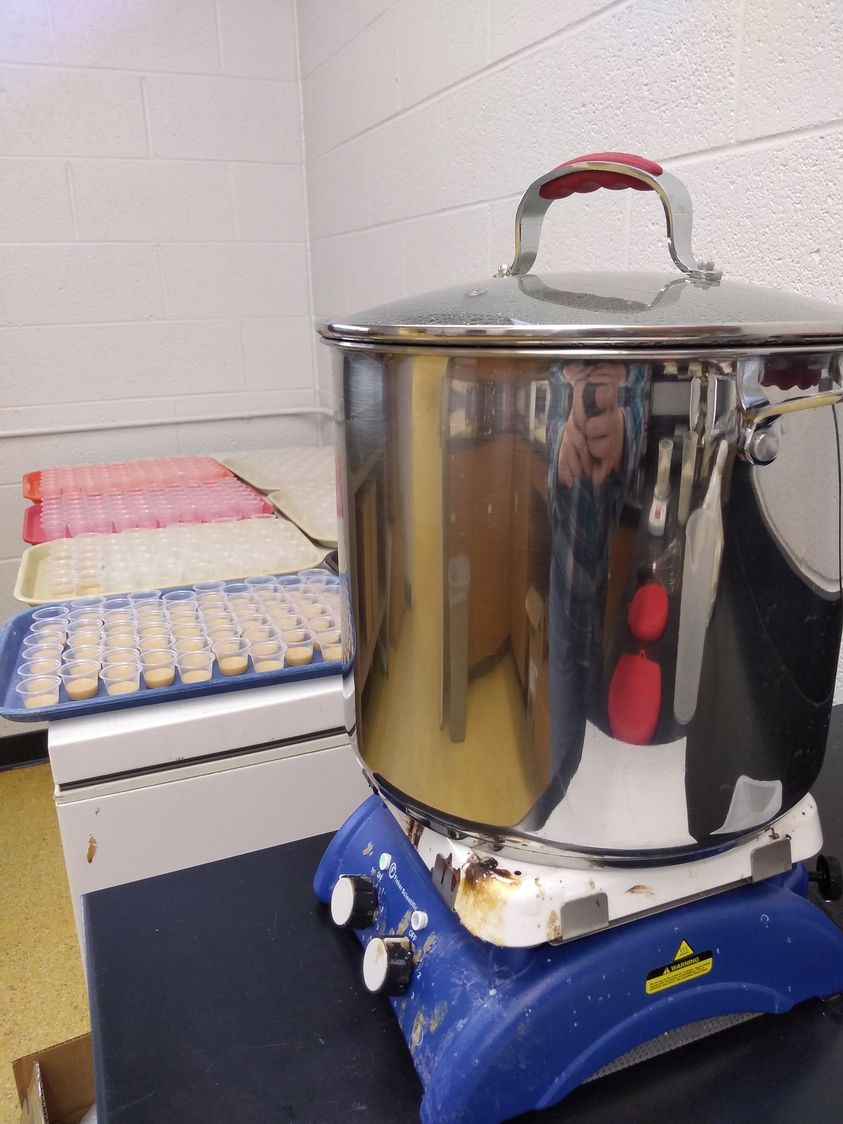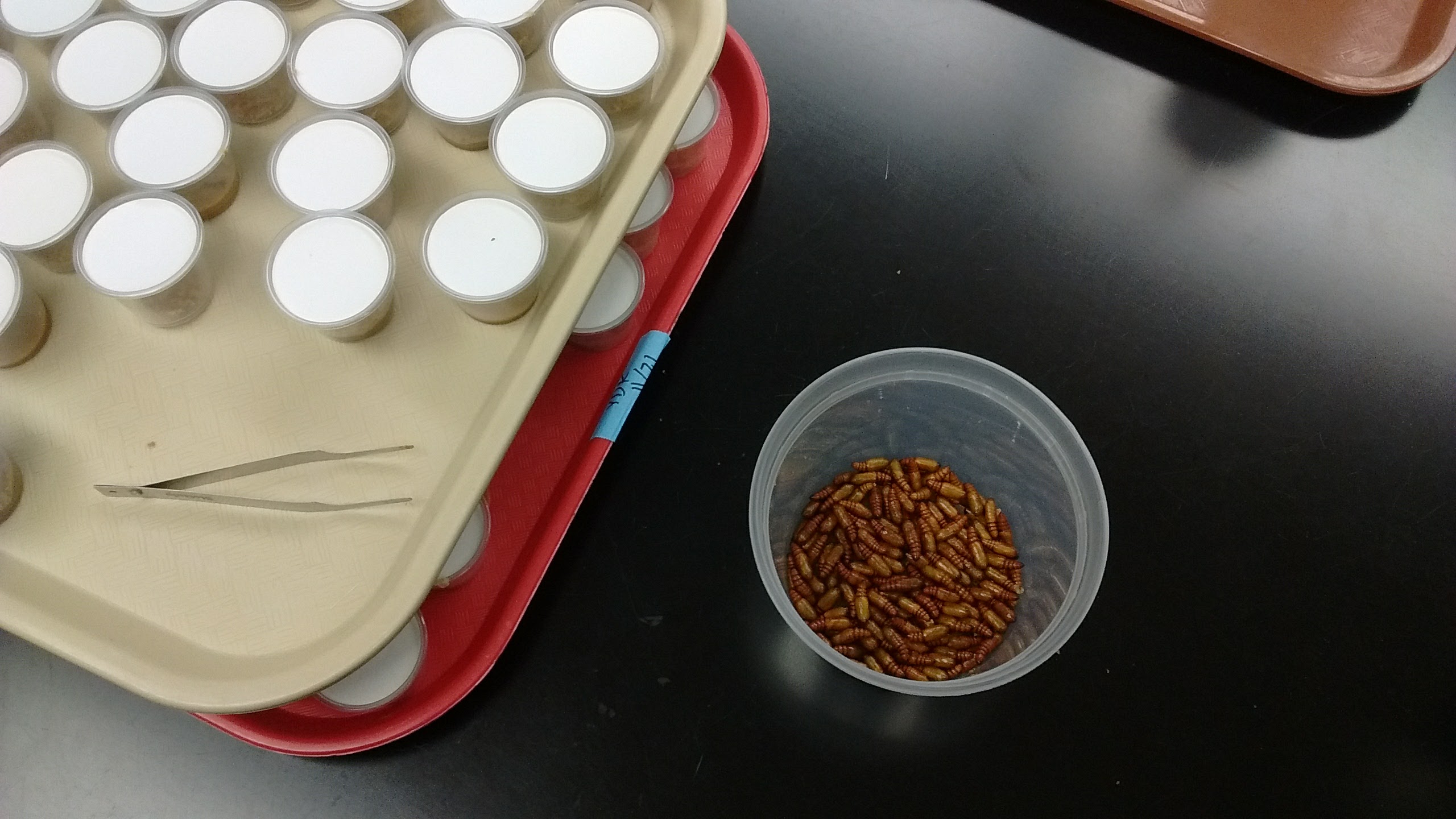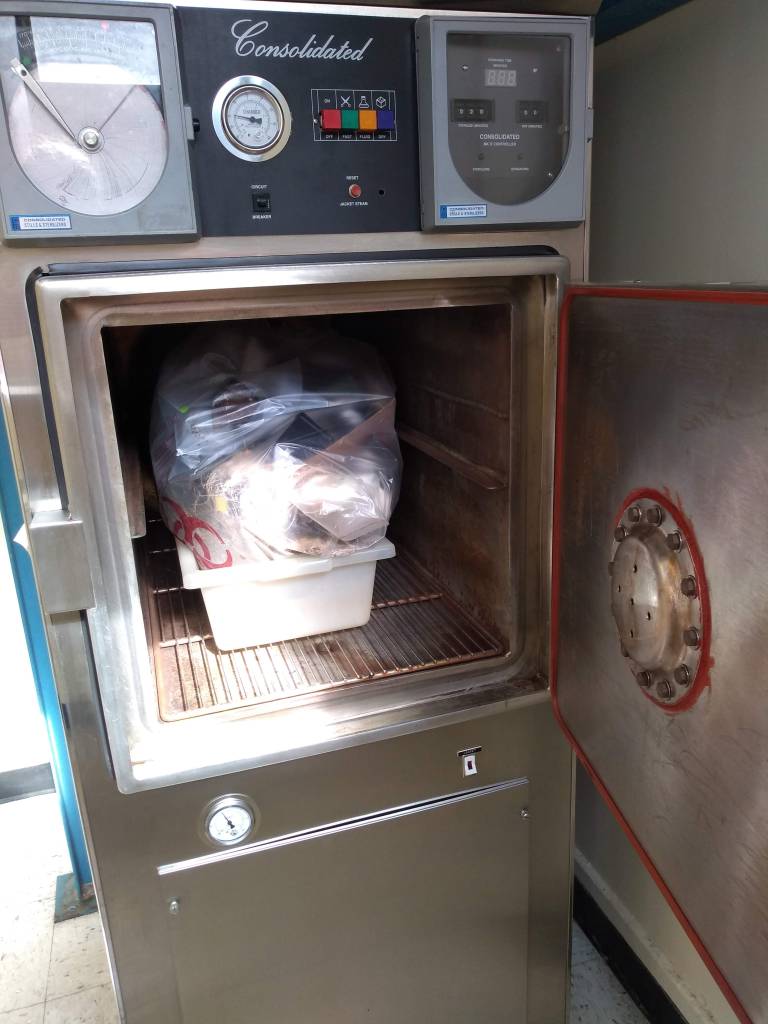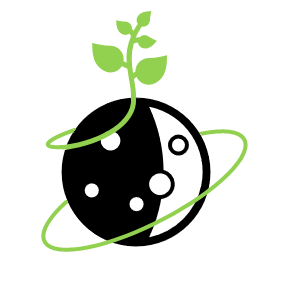“There’s much more dishwashing in science than the movies led me to believe,” exclaimed a colleague of mine. Never were truer words spoken. Many folks think that scientists spend their days stirring steaming beakers, messing with DNA, or poking at whirring machines. Indeed, I will do those things for my space botany project, but much of what goes on in between is much more mundane. Even scientists have chores.
Doing the Dishes
Like the average household, the average lab generates a lot of dirty dishes. Sometimes it’s fancy glassware. Sometimes it’s humble tupperware. All of it must be thoroughly washed and triple-rinsed. Unlike the average household, sometimes science dishes must be made “extra clean”.
In my lab we do a lot of research with phosphorus, which is an important fertilizer ingredient for plants. Unfortunately, visibly clean glassware can still harbor enough unseen phosphorus residue to throw off our experiments, so we have to soak our dishes in special acid baths to remove the residue and then rinse the dishes at least 10 times. Whew!
We also have to be careful with dishes we use for culturing microorganisms. Any glassware used for raising bacteria has to be sterilized in a giant pressure cooker called an autoclave to insure we don’t have any unintentional microbial stowaways.

Keeping Things Alive
Biologists, by definition, work with living things, and like pets and houseplants, living things need regular attention. Plants grown for seed or for experiments must be checked and watered several times a week. Microbes have to be put on petri dishes of new media. Animals must be fed and cleaned up after. Fortunately for my projects, bacteria can be stored in the freezer and thawed out when needed, and plants can be “stored” as seeds. My colleagues who work with insects or other animals have much more of these type of chores to maintain research colonies.




Taking out the Trash
Much of the trash in our lab is thrown out or recycled the usual way, but some trash requires special handling. In my current space biology research, I work with genetically modified plants and bacteria that are not approved for release outdoors. To prevent unintentional release, we pressure cook any plant, seed, or microbe-containing material for over an hour to make sure only sterile bags of ex-plants, non-viable seeds, and dead microbes leave our lab. The smell after the bags of trash are cooked is…um…memorable.

I hope this post has given you a glimpse into the less flashy, but equally important side of science. For every groundbreaking discovery in biology, someone washed a ton of dishes. For every plant sent to space, someone had to water hundreds on earth. For every Nobel Prize, someone had to take out the trash.

Aww, those bug snacks are strangely cute! Totally right, though: Science is awesome and thrilling, but also involves a lot of cleaning up after yourself.
LikeLike
I am totally impressed.
LikeLike
Wow! Quite a process…not sure I could sustain this. good explanation
LikeLike